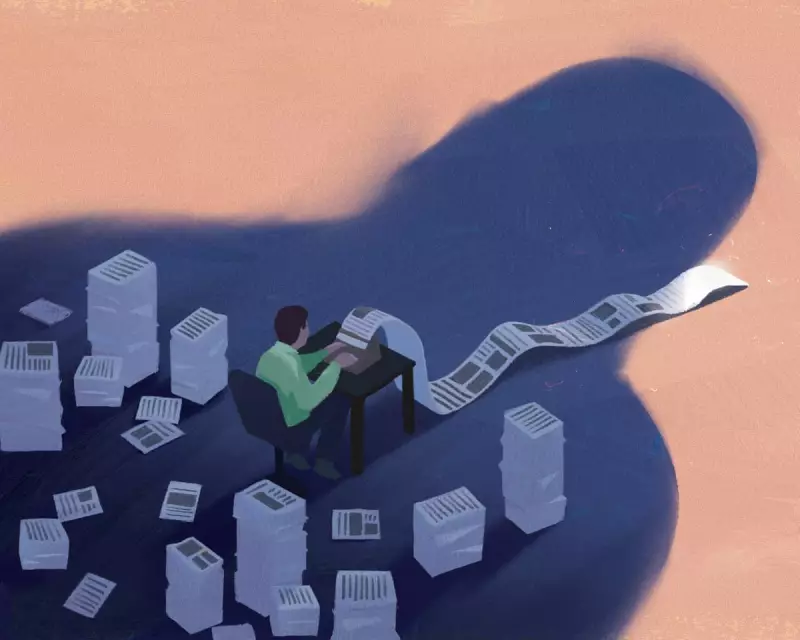
For four tumultuous decades, I have stood as a sentinel in the swirling storm of British public life. My post was the frontline of journalism, a profession once revered as a vital pillar of a healthy democracy. Today, that pillar is crumbling, and the very foundations of our society are at risk.
The landscape I survey now is almost unrecognisable from the one I entered. The relentless, cynical forces arrayed against the press have evolved from mere political irritation into a sophisticated, multi-pronged assault. This isn't just a bad period; it feels like a calculated dismantling.
The Erosion of Trust: A Weaponised Narrative
The most potent weapon deployed against us has been the systematic erosion of public trust. 'Fake news' is no longer just a slur; it's a cultural cudgel used to bludgeon any reporting that challenges the powerful. This narrative, eagerly amplified by certain factions, has created a dangerous societal reflex to dismiss uncomfortable truths as mere partisan fiction.
We now operate in a climate where a significant portion of the public is preconditioned to distrust the messenger, regardless of the message. This severing of the bond between the electorate and a verified, factual record is perhaps the most profound and damaging shift I have witnessed.
The Financial Strangulation of Truth
Simultaneously, the economic ground beneath our feet has vanished. The digital revolution, while democratising information, eviscerated the traditional business models that funded rigorous, investigative journalism. Local newspapers, the training grounds for talent and the watchdogs of community power, have been decimated, creating vast 'news deserts' across the UK.
The result is a hollowed-out media ecosystem. Remaining national outlets are forced to chase clicks in a brutal attention economy, often at the expense of depth and nuance. The slow, expensive, and legally perilous work of holding power to account is becoming a luxury few can afford.
A Chilling Climate of Intimidation
The legal and political environment has grown increasingly hostile. The threat of costly litigation, often from wealthy individuals or corporations using the UK's plaintiff-friendly libel laws, casts a long shadow over newsrooms. This 'chilling effect' leads to vital stories being spiked or diluted, not through lack of evidence, but through fear of financial ruin.
There is a palpable sense that those in power now operate with a new impunity, secure in the knowledge that the mechanisms to scrutinise them are being methodically weakened.
The Stakes: A Democracy Without a Mirror
This is not a lament for a dying industry; it is a warning about the health of our democracy. Journalism is not a lobby group or an entertainment division. It is the mechanism that provides citizens with the information they need to make informed choices. It is the mirror society holds up to itself to see its flaws, its injustices, and its triumphs clearly.
Without a strong, independent, and fearless press, corruption fester's in darkness, incompetence goes unchallenged, and the powerful are accountable to no one. We risk sleepwalking into a system where truth is entirely subjective and power is absolute.
The fight for the soul of journalism is, therefore, a fight for the soul of the nation itself. It is a battle we cannot afford to lose.






